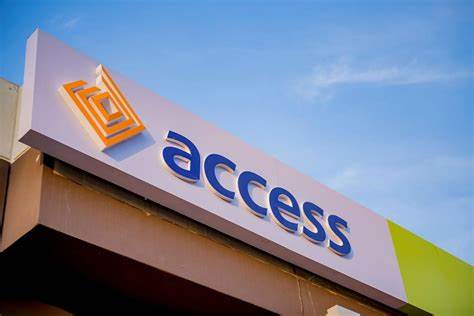
The Central Bank of Nigeria (CBN) has refuted claims alleging its instruction to banks and financial institutions to identify users of crypto exchanges.
Reports suggested that accounts involved in such transactions were placed under Post No Debit (PND) restrictions for six months. However, the CBN has denied issuing any directives requiring the identification of crypto traders or temporary freezes on accounts.
The situation grew more confusing when the central bank initially denied the report, only to retract its denial later. Subsequently, they asserted that the allegations were indeed false, leading to uncertainty surrounding the true circumstances of the matter.
In December 2023, the financial institution allowed banks to facilitate transactions for licensed crypto exchanges, lifting a two-year prohibition. However, this recent reversal shows growing concerns within the Nigerian government regarding cryptocurrency’s potential impact on economic stability within the nation.
Meanwhile, Binance, the leading cryptocurrency exchange, has come under scrutiny from Nigeria’s Central Bank. The CBN expressed concerns over approximately $26 billion in suspicious financial transactions flowing through Binance Nigeria. These transactions purportedly involved unidentified sources and users, prompting investigations.










